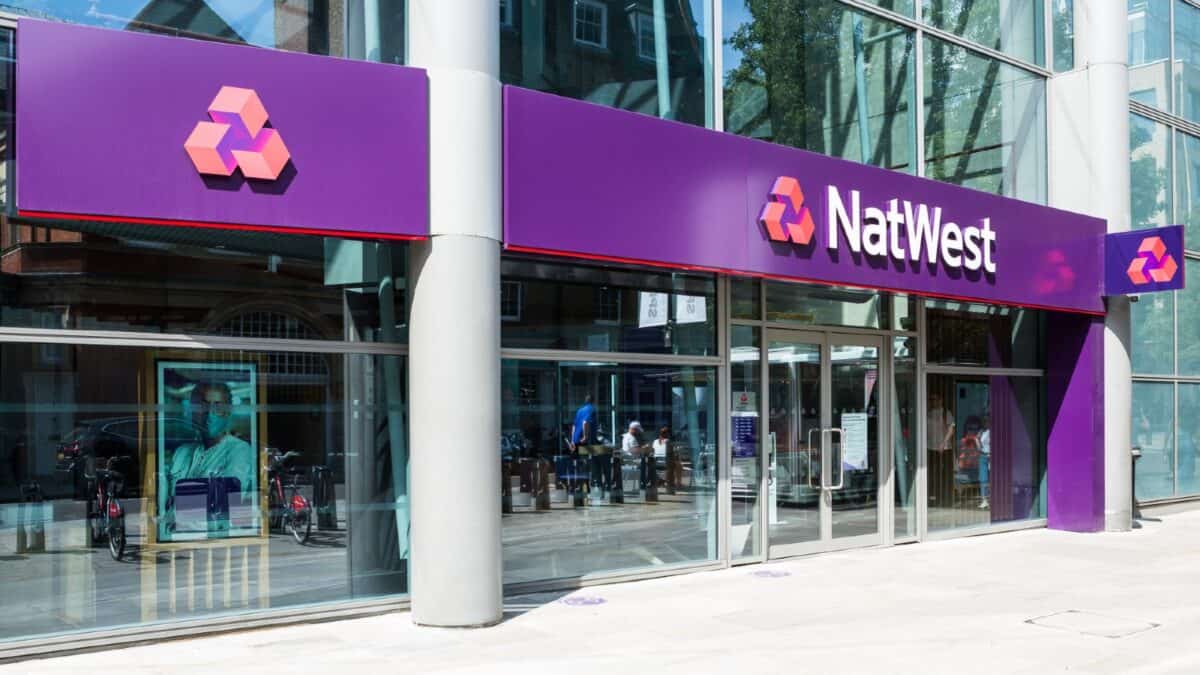Who would want to invest in bank shares?
Yes, the dividend yields at the moment can be juicy. But the long-term price action has been less attractive.
Lloyds yields 6.0% but has fallen 27% in five years. Natwest yields 7.4% but the shares have sunk 19% in five years.
Barclays yields 4.9% and its shares have moved up in the past five years – but only by 1%.
HSBC has a juicy 8.1% yield, but the shares are 3% lower than five years ago. Standard Chartered (LSE: STAN) yields 3.3% but its shares have moved up 7% over the past five years.
Still, its chief executive last week had some choice words for the share price performance. Over the longer term, Standard Chartered has been very disappointing (which is why I sold my shares in it last year): since 2010, the emerging markets-focussed bank has seen its share price collapse by 65%.
Despite those numbers, London-listed banks are highly profitable. Last week, Standard Chartered announced a 22% surge in its full-year profits, to $5.7bn (of which, $3.6bn is attributable to the firm’s ordinary shareholders).
Standard Chartered was just one of a number of bank shares that were recently buoyed by strong results. Could things be looking up for investors in the sector?
The bull case for bank shares
As investors, we buy individual shares. Just because a sector does well does not necessarily mean that all companies within it will prosper. Bank shares are no different.
But banks are money machines (literally in the case of Standard Chartered and HSBC, which issue their own banknotes in Hong Kong). As Standard Chartered pointed out, “our high-growth markets, where we are intent on making further investment, continue to deliver strongly despite an uncertain picture for the global economy”.
But even low-growth markets like the UK are performing robustly.
Demand for financial services is resilient. In its results, UK-focussed Lloyds was upbeat about loan quality and said credit performance was broadly the same, it not better, than before the pandemic.
If demand for banking remains high – which I expect it will – and credit quality does not deteriorate, that could mean ongoing high profit levels for banks.
On that basis, bank shares look cheap. Standard Chartered sells for just eight times earnings. At Lloyds, that ratio is even lower at six.
The bear case
But why, then, are bank shares so cheap-seeming?
As Standard Chartered’s chairman wrote in the results, ”one cannot be complacent about the years ahead. The ‘last mile’ of inflation may prove stickier than expected, and geopolitical risks abound“.
Geopolitical risks can obviously hurt profits at globally focussed banks like Standard Chartered. But even domestically focussed players like Lloyds and Natwest can be hurt if global financial markets move unfavourably.
Meanwhile, other risks have recently reared their heads.
For example, Lloyds made a provision for £450m relating to an FCA inquiry into historical motor finance commission arrangements. I expect other banks may need to make provisions too, bringing back memories of costly previous bank errors such as PPI mis-selling (though for now, the FCA motor finance inquiry is a work in progress).
Such risks continue to put me off bank shares. But if the economy strengthens, I think some current share prices will come to look cheap.






